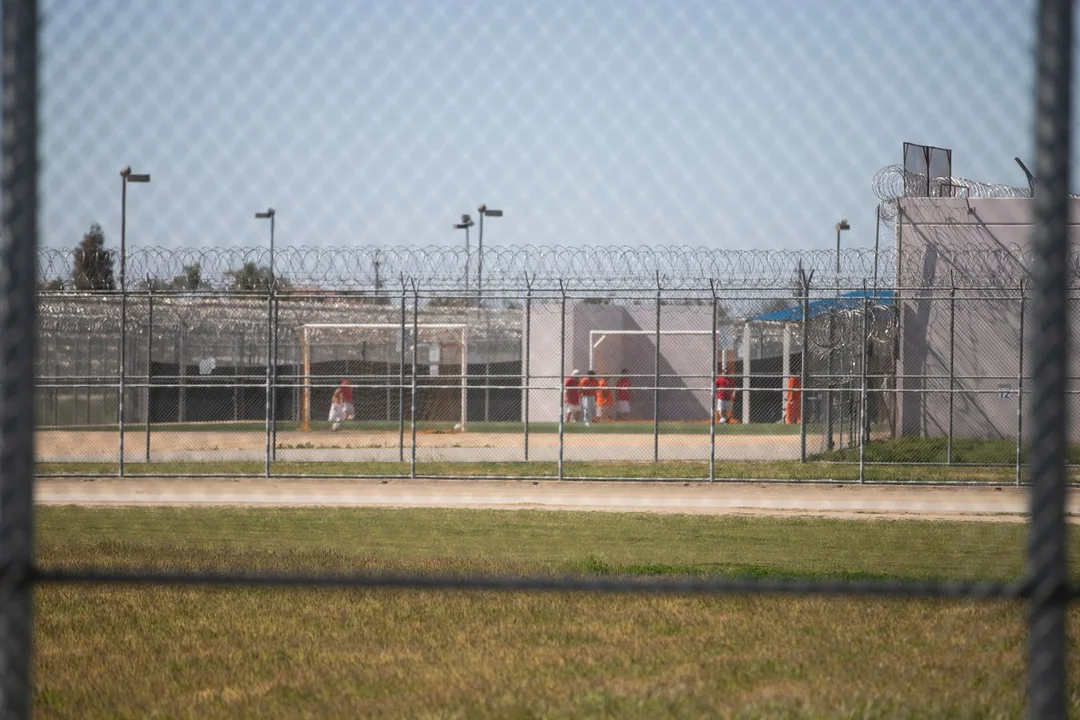
Unveiling the Shadows: What’s Really Happening Inside California’s Immigration Detention Centers?
In a revealing new report, California's Department of Justice has spotlighted critical deficiencies in mental health care at immigration detention facilities, raising alarms about the treatment of detainees amid escalating federal immigration policies.
The report, released by Attorney General Rob Bonta, examines six privately-operated centers across the state and uncovers widespread issues in providing adequate mental health services. This comes at a pivotal time as the Trump administration pushes for expanded deportation efforts, potentially overwhelming these facilities. Bonta emphasized the urgency, stating, "California's facility reviews remain especially critical in light of efforts by the Trump Administration to eliminate oversight and increase immigration enforcement."
Key findings highlight deficiencies in suicide prevention, recordkeeping, and the use of force against detainees with mental health conditions. For instance, at facilities like Otay Mesa and Mesa Verde, investigators noted inconsistent mental health assessments and delays in care, which could exacerbate conditions such as anxiety, depression, and PTSD among detainees. The report also reveals that only about 26% of those held have criminal records, underscoring that many are vulnerable individuals caught in a broken system.
Comparisons with previous reports from 2017 onward show a troubling pattern: mental health services have consistently fallen short, but the current situation is worsened by growing detainee populations. From 2,303 in 2023 to over 3,100 recently, overcrowding is straining resources, as noted in the analysis. Experts like Talia Inlender from UCLA's Center for Immigration Law and Policy warn that this could lead to a "huge red flag" and potentially an "extreme humanitarian crisis."
Private operators, such as GEO Group, which manages several centers, have pushed back against these claims. A spokesperson dismissed the findings as "baseless allegations" tied to political agendas, asserting that their facilities provide robust services monitored by ICE. However, the report counters this by detailing specific lapses, like improper use of solitary confinement for those with mental illnesses—sometimes lasting over a year—and invasive pat-down policies that deter detainees from seeking help.
This scrutiny is vital as federal oversight diminishes; the Department of Homeland Security has recently shuttered offices responsible for civil rights reviews. Bonta's investigation, mandated by a 2017 state law, serves as a crucial check, especially with promises of mass deportations on the horizon.
In conclusion, this report not only exposes ongoing failures in California's immigration detention system but also prompts broader questions about human rights in the U.S. immigration framework. What steps can be taken to ensure detainees receive the care they deserve? We encourage readers to share their thoughts in the comments below and help spark a conversation on accountability and reform.